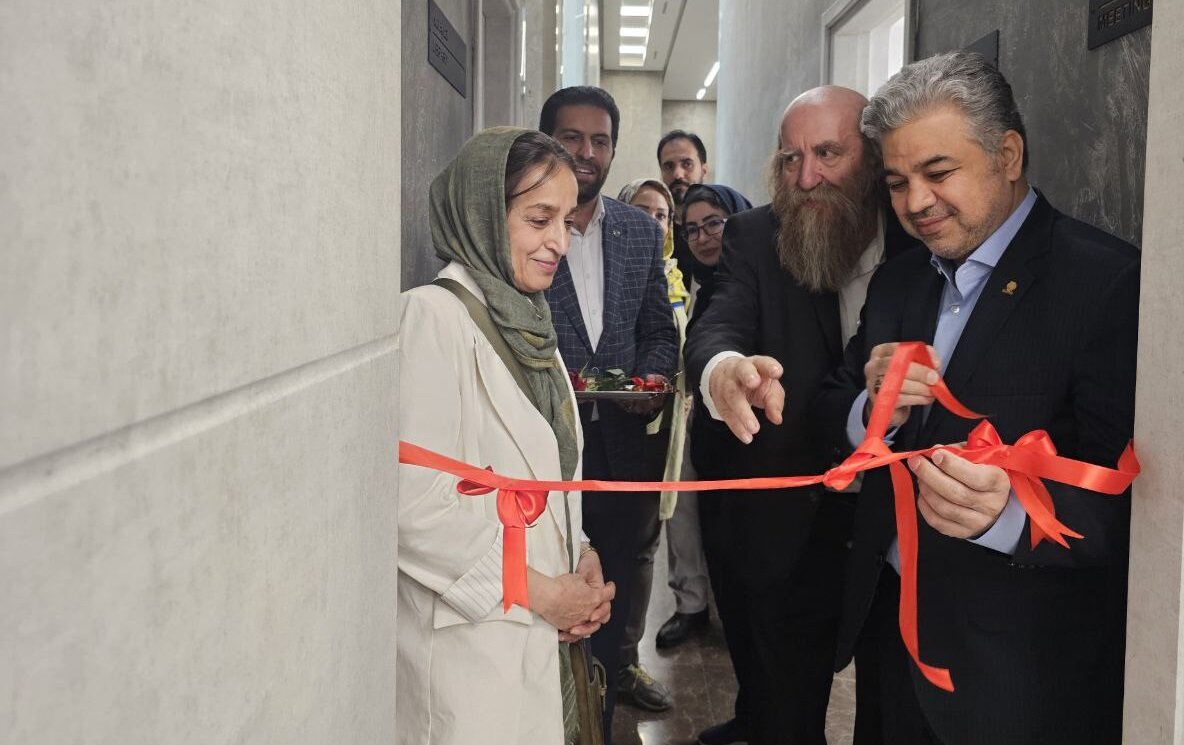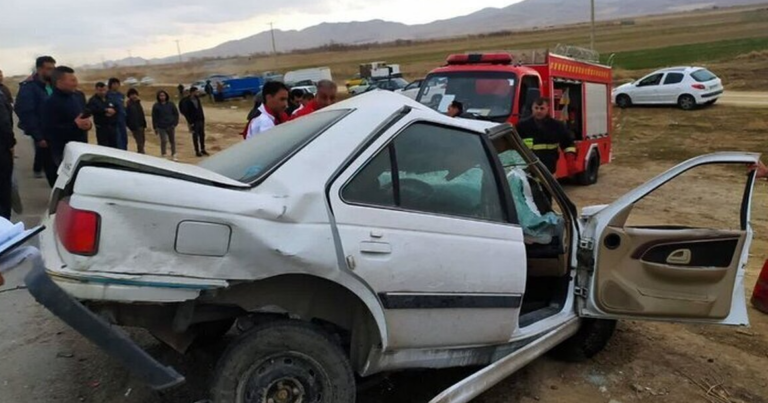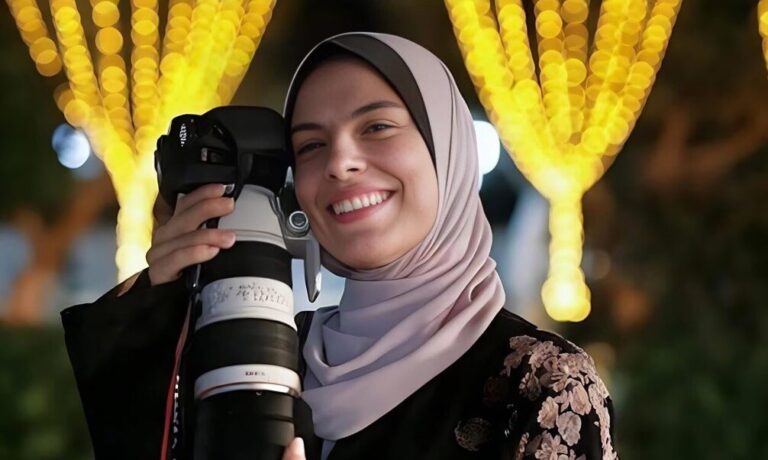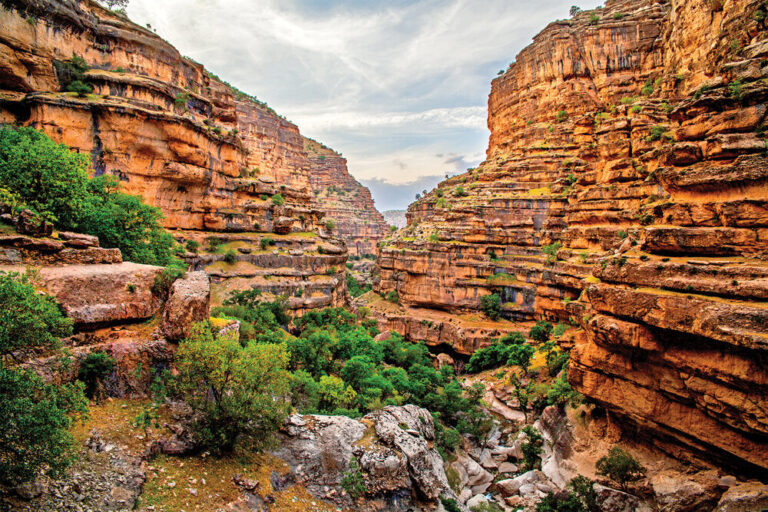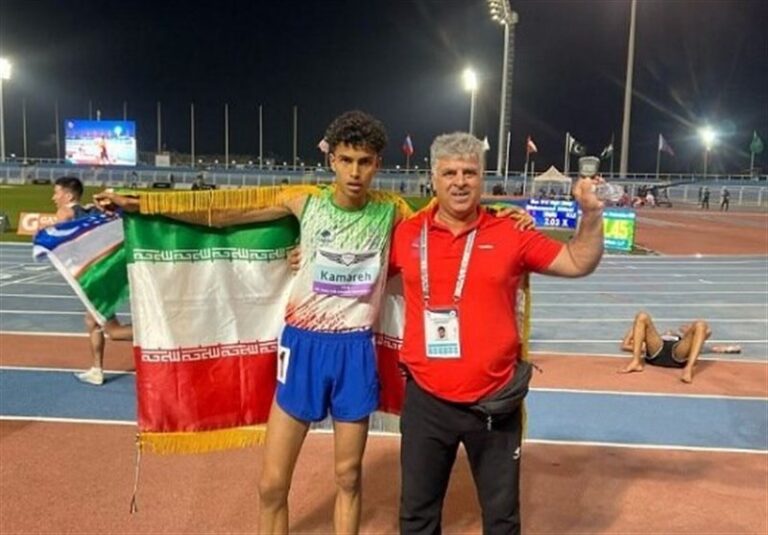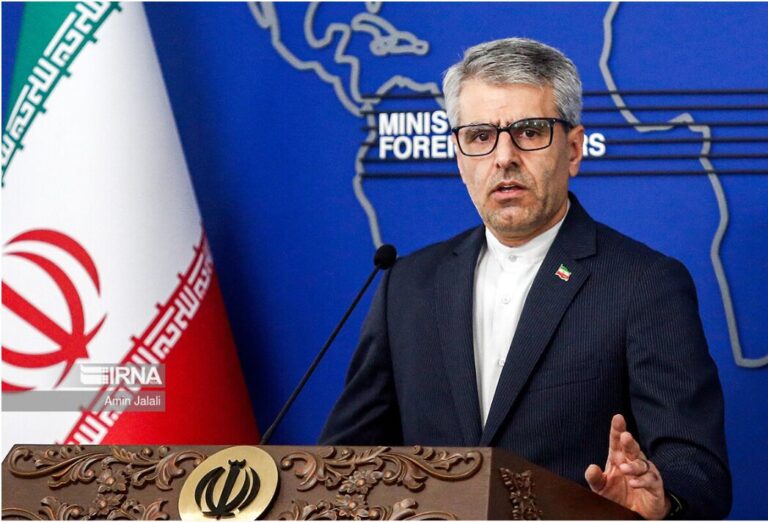Iran Launches First-Ever College Dedicated to Classic Car Restoration Mastery
In a groundbreaking move for cultural heritage and technical education, Iran has inaugurated its first specialized college focused on the restoration of classic cars. This significant development took place on Monday, marking a new chapter in preserving Iran’s automotive history.
The newly established college is affiliated with the Dafineh Museum Group and operates under the auspices of the Mostazafan Foundation. This initiative was launched in collaboration with the International Council of Museums (ICOM) in Iran, aiming to blend education with cultural preservation.
Located within the premises of the Automobile Museum of Iran, the college is surrounded by an impressive collection of vintage and classic automobiles, presenting a unique learning environment for students. The opening ceremony was attended by notable figures, including:
- Hamedreza Soleimani, CEO of the Dafineh museum group
- Seyyed Ahmad Mohit-Tabatabai, head of ICOM Iran
- Mitra Etezadi, senior restorer
These distinguished speakers addressed a gathering of cultural experts, museum professionals, and automobile restoration enthusiasts, emphasizing the college’s mission to professionalize and preserve Iran’s classic automobile heritage. Their goal is to nurture a new generation of skilled restoration experts.
In his keynote address, Mohit-Tabatabai reflected on the evolving role of museums in society, particularly in relation to International Museum Day, celebrated annually on May 18. He stated, “Children are the true inheritors of museums,” which highlighted the importance of engaging young audiences in museum activities. He urged that:
- Museums should create inclusive spaces for future generations.
- A diverse audience enhances the museum experience and success.
Mohit-Tabatabai also discussed the transformative potential of modern technologies in making historic structures and museum environments more accessible. He related the invention of the automobile to significant industrial, cultural, and social changes throughout history. “Museums are not merely storage places for objects, but institutions for reflection, innovation, and learning,” he asserted.
Furthermore, he pointed out contemporary environmental challenges, such as drought and global warming, suggesting that many issues arise from a loss of traditional knowledge and sustainable practices. This is another area where museums can play an essential educational role.
Mitra Etezadi, a well-known restorer of ancient and modern artifacts, shared insights into her extensive work restoring historical royal carriages currently displayed in the museum. She detailed the rigorous restoration process of a significant item from the museum’s collection: a 19th-century carriage from the era of Nasser al-Din Shah, crafted by the renowned Karl Marius workshop in Vienna, Austria.
Etezadi elaborated on the meticulous documentation required for the carriage, including:
- Royal insignias
- Lamps from various manufacturers
- Multiple layers of deep burgundy and black paint
This documentation provided crucial insights into both the aesthetic preferences and technological advancements of the Qajar court. “This was no ordinary vehicle. It’s believed that up to 14 monarchs may have ridden in it, which explains the extensive wear and damage,” Etezadi noted.
She also mentioned that historical documents suggested the presence of elephant handlers in the royal court, based on records associated with the carriages and their accessories.
The establishment of this college represents a pivotal advance in institutionalizing the essential knowledge and skills required for restoring and maintaining classic automobiles, which are deeply connected to Iran’s royal, political, and social history. The curriculum is expected to encompass a wide range of topics, including:
- Traditional craftsmanship
- Modern conservation science
The college aims to become a regional hub for classic car restoration, attracting enthusiasts and experts from across the area. Organizers assert that the launch of this pioneering college signifies Iran’s dedication to safeguarding a critical aspect of its modern cultural legacy.
As the college embarks on this educational journey, it is poised to make significant contributions to the field of classic car restoration and cultural preservation in Iran. The initiative not only enhances technical education but also fosters an appreciation for the rich automotive heritage that is a testament to the country’s historical significance.
